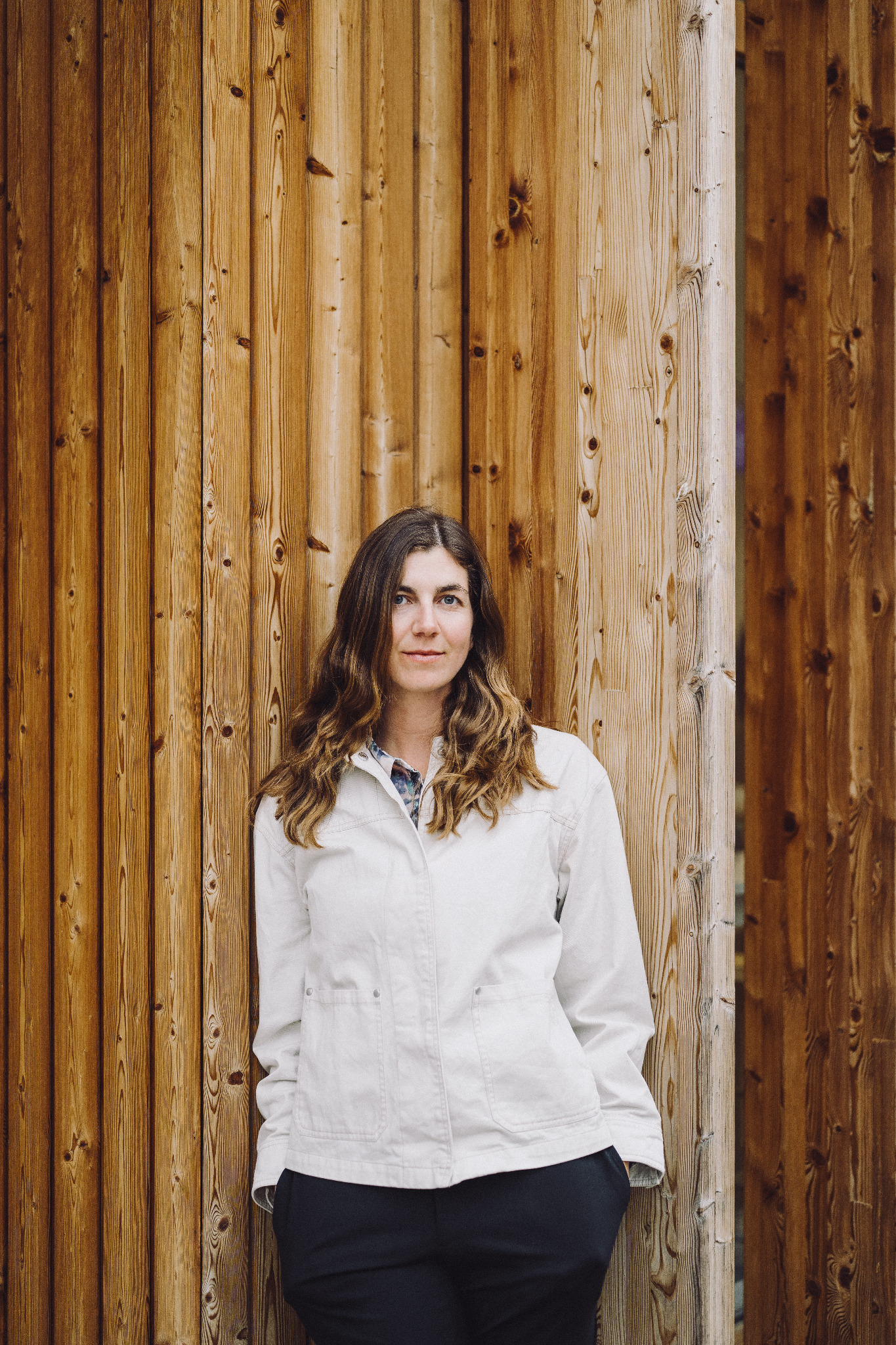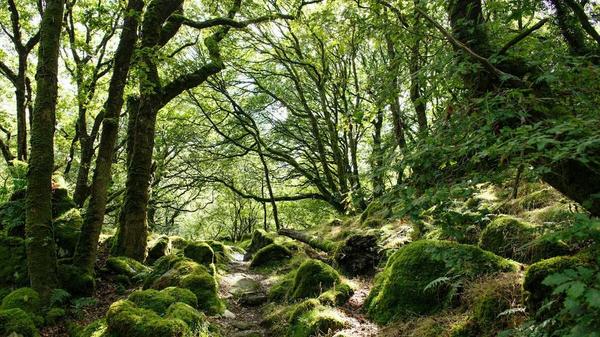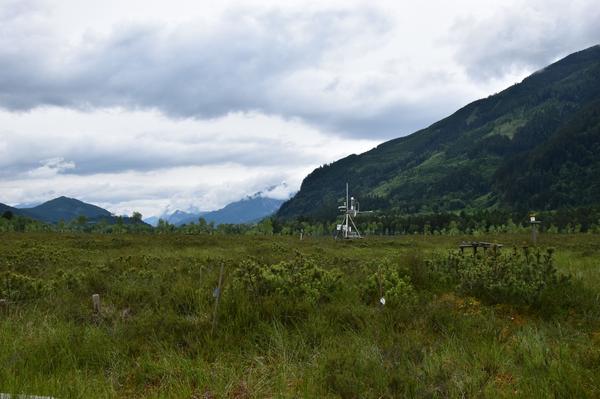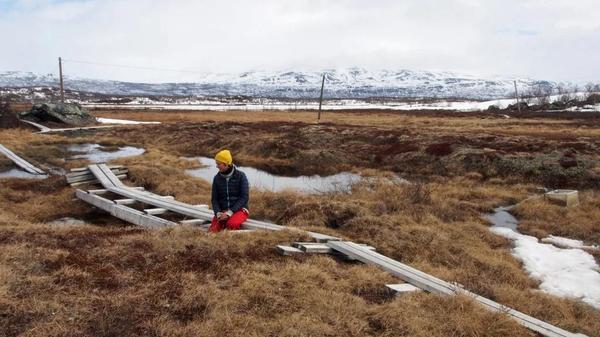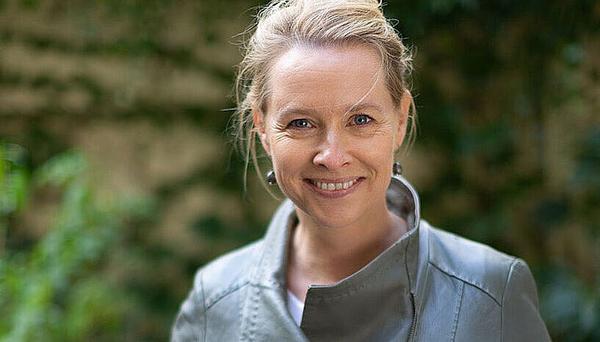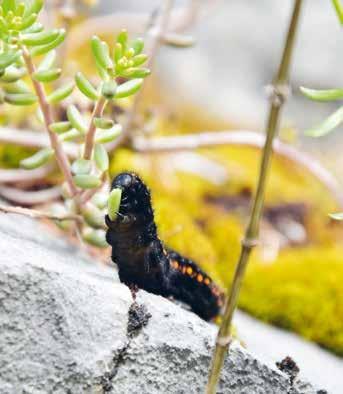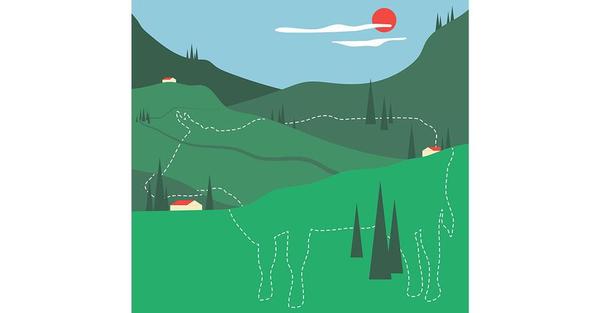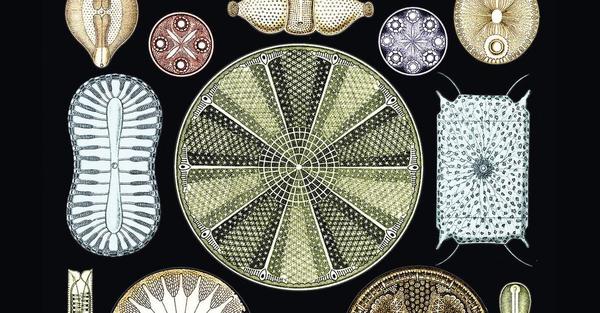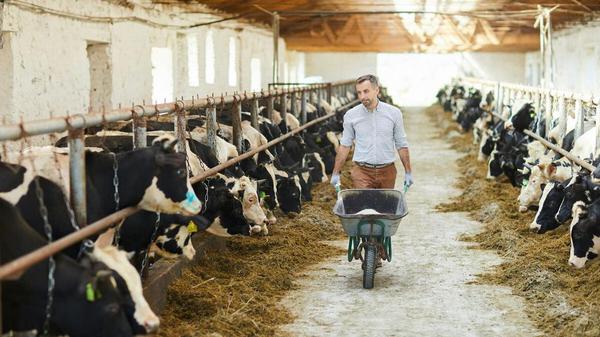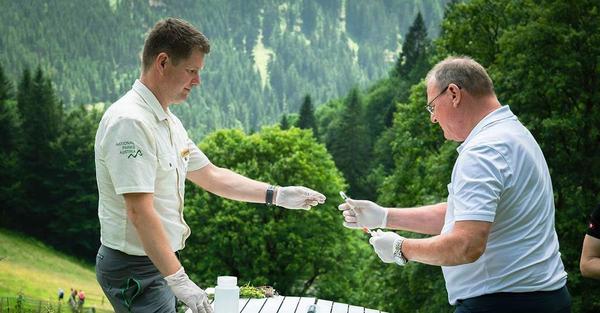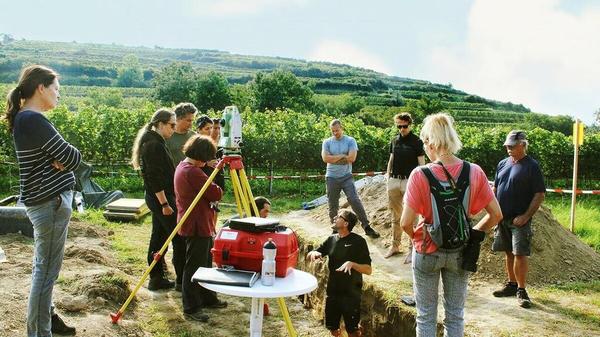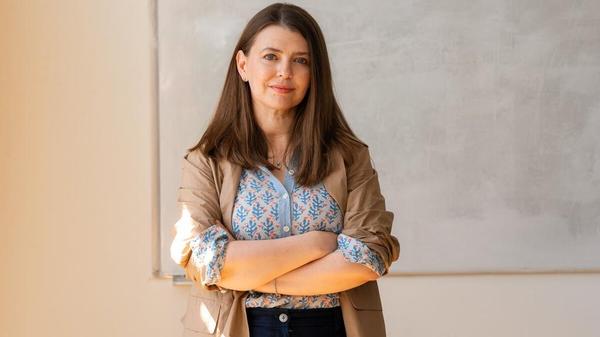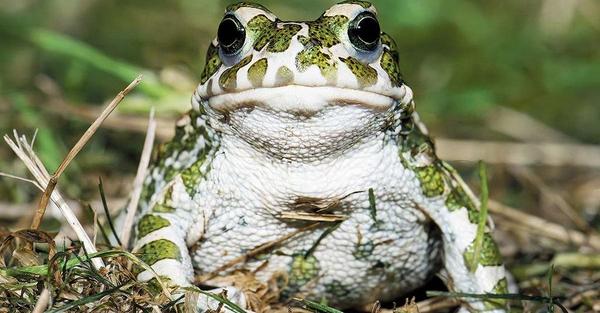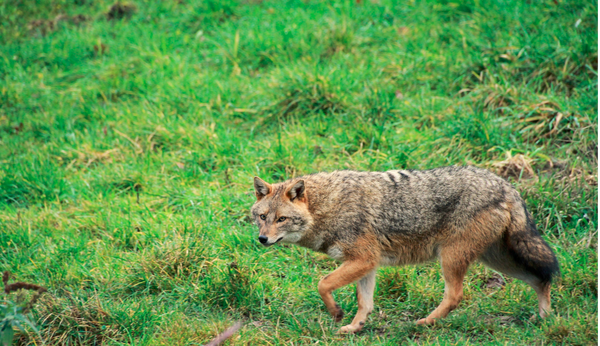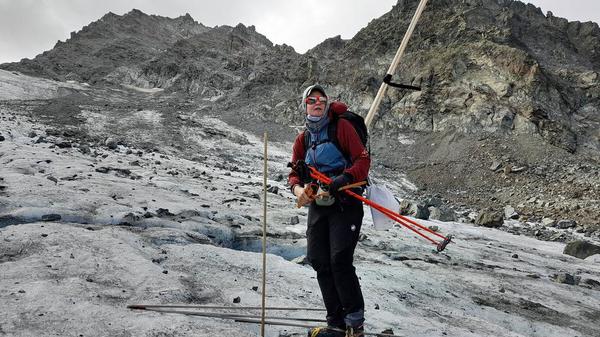

Laura Anninger ist eine preisgekrönte freiberufliche Journalistin und Buchautorin. Foki ihrer Arbeit sind die Schnittstellen von Ökologie, Landwirtschaft, Wissenschaft und Klimakrise. Sie lebt und arbeitet in Salzburg.
Laura Anninger is an award-winning freelance journalist and book author. Her work focuses on the intersection of ecology, agriculture, science and the climate crisis. She lives and works in Salzburg, Austria.
Wie kann die Zukunft des Skifahrens in Zeiten der Klimakrise aussehen?
Skifahren, das ist Kult und Kulturgut, Fun und Freiheit, das „Leiwandste“ eben – nicht nur in Österreich, sondern für Millionen aus aller Welt. In Alpentälern hat die Wintersportindustrie viele Menschen reich gemacht.
Doch der Pistenzauber lässt sich vielerorts nur noch mit enormem finanziellem Aufwand und massiven Eingriffen in die Natur aufrechterhalten. Als bedeutenden Wirtschaftsfaktor will man den Wintersport nicht kampflos aufgeben und setzt auf Technik, Optimismus und Events, während der globale Temperaturanstieg laufend Skigebiete in die Knie zwingt.
Schnee von morgen erscheint am 20. Oktober 2025 im Verlag Anton Pustet

